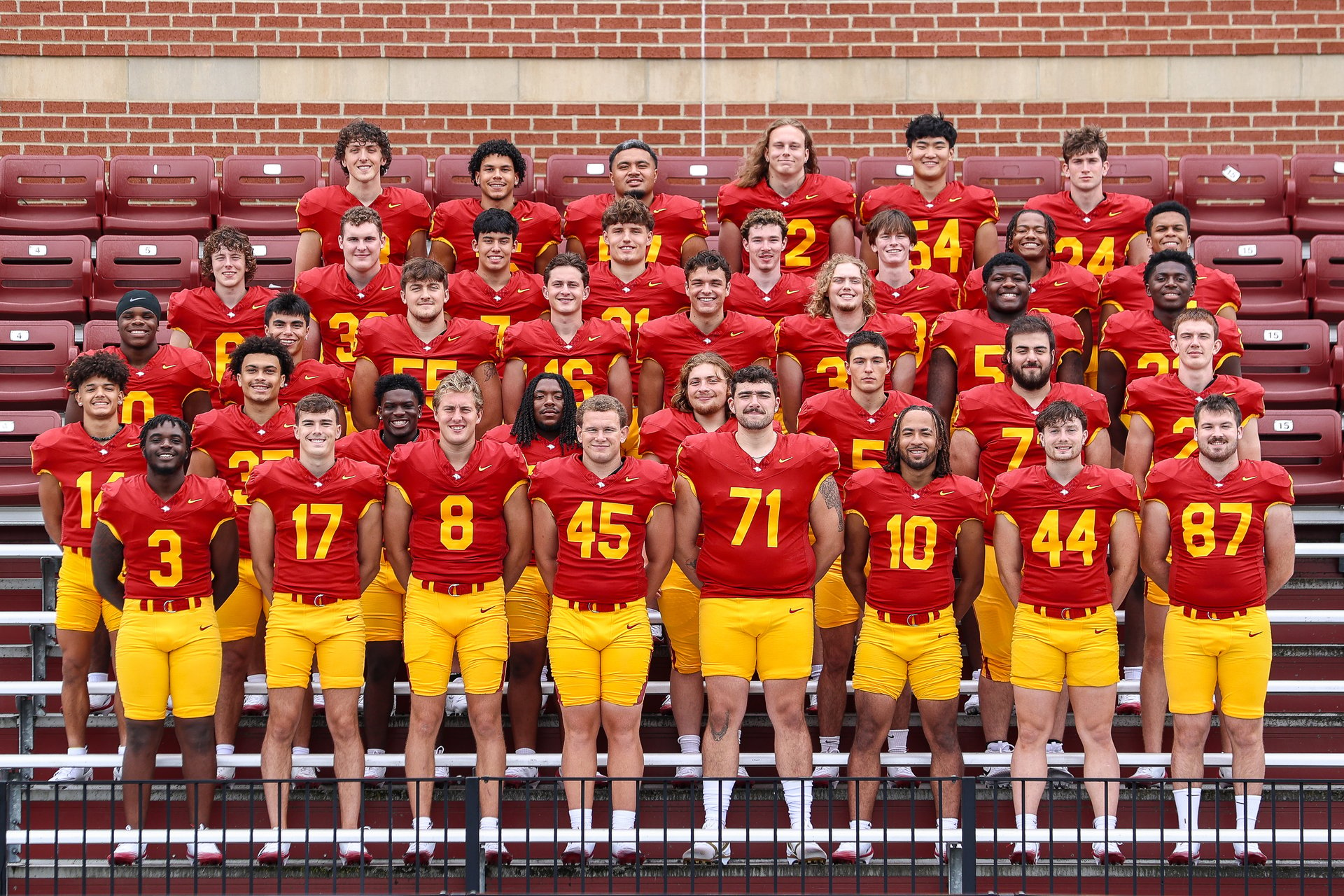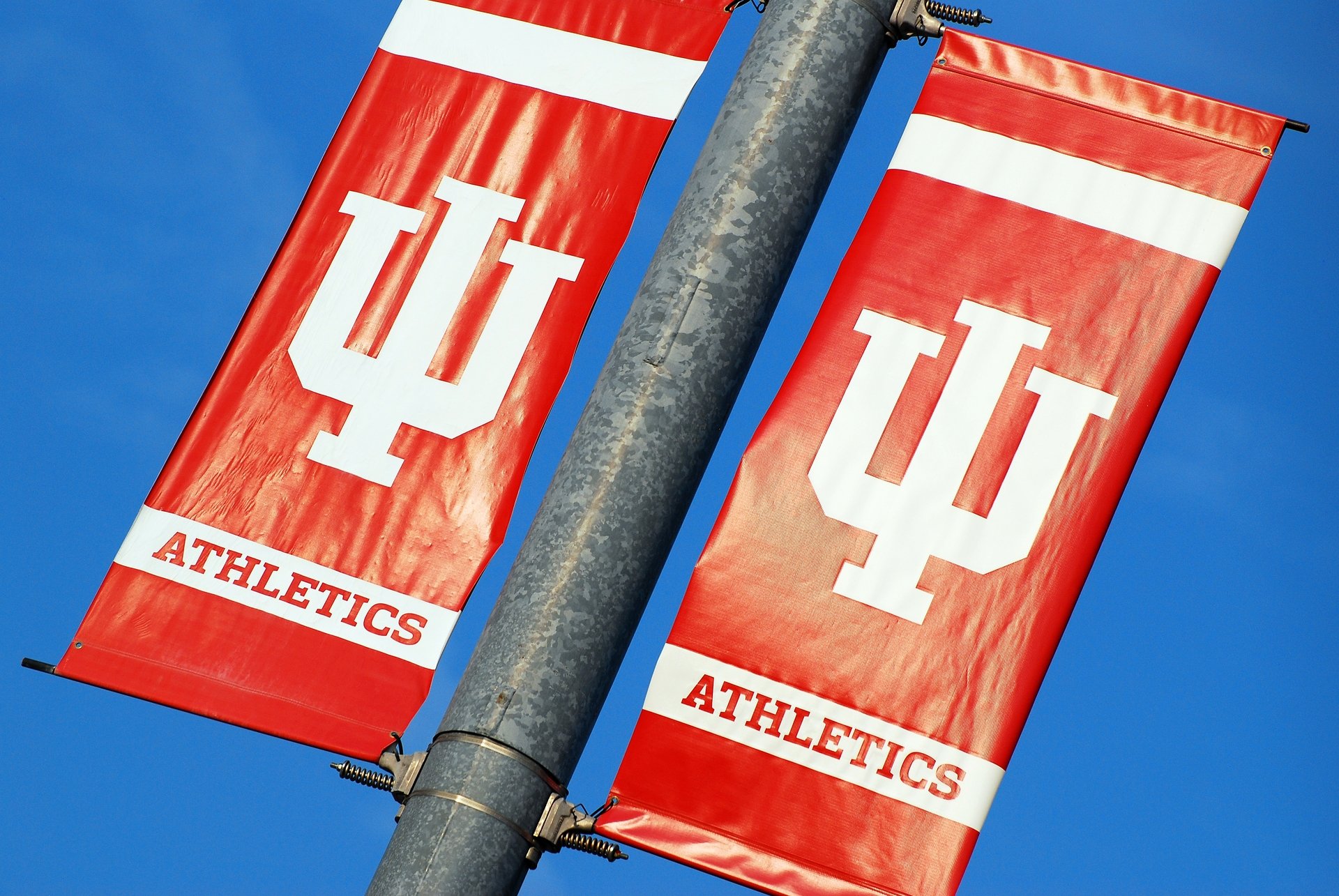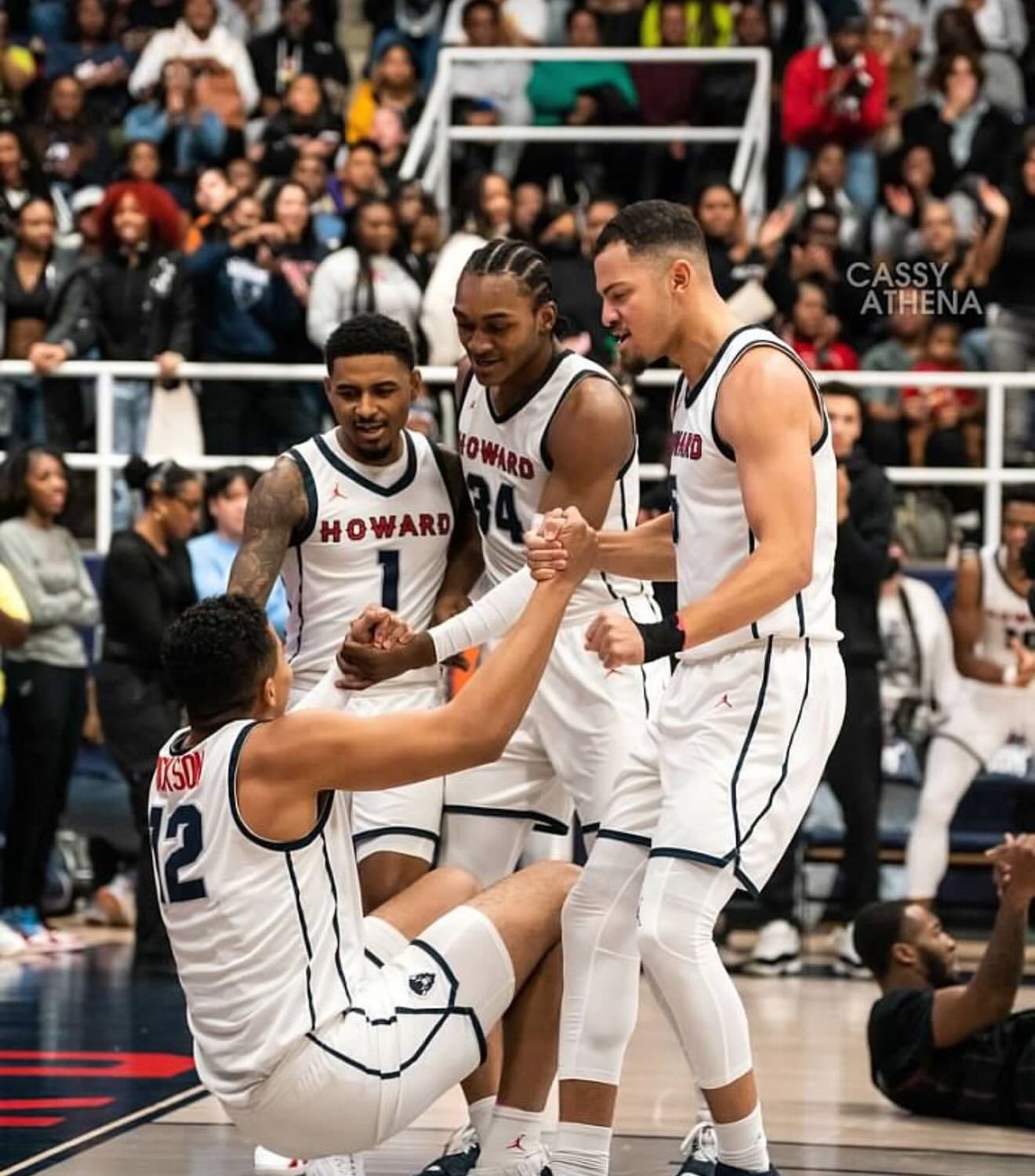Good morning, and thanks for spending part of your day with Extra Points.

A few weeks ago, we announced a new content series with Teamworks on how General Managers work. Today, we’re happy to publish the first newsletter in that series. Look for more dispatches on the GM role at various levels over the next several weeks.
I don’t know if there’s ever been a particularly easy time to work in college football player personnel, but this exact moment is really not an easy time. The spring Transfer Portal window has opened, the House settlement hasn’t been completely ratified, and everybody is scrambling to keep their rosters intact, find depth chart replacements for players that do leave, and manage budgets and contracts in a world where the “rules” aren’t standardized and enforcement is unclear.
If a college football program has a General Manager, this is the time for that person to shine.
But many programs, even high profile programs like Georgia and LSU, don’t have staffers with the “General Manager” title, and the background and skillsets of existing GMs are all over the board. Some come from NFL front offices. Some come from the CFL or other challenger professional football leagues. Others are longtime recruiting or player personnel staffers in the collegiate ranks.
How do you begin to staff this gig? Where should it sit in the organizational chart? What skills are actually important once you’re in the thick of Portal Season?
I asked Andy Vaughn, the Assistant AD/General Manager for NC State football. Prior to working at NC State, Vaughn worked in player personnel for Arizona State football, Miami football, and for the Arizona Wildcats. He’s also worked in Football Operations, handling everything from travel logistics, to recruiting visits, to high school outreach.
I think it would be fair to say that Vaughn very much comes from the longtime college football guy background.
“Traditionally, in college, the head coach is the CEO of the program. He ultimately makes the final decisions on everything, and that’s just the way it’s always been. There are a couple of generations of coaches that probably grew up in that model. But there are other programs that are going to more of an NFL model, where the GM role is more tied to the athletic director role.”"
An example of that system might be the University of Oklahoma, where GM Jim Nagy, the former Executive Director of the Senior Bowl and longtime NFL scout, will report directly to Oklahoma athletic director Joe Castiglione and former AT&T CEO Randall Stephenson, rather than Sooner football coach Brent Venables. Stanford, under Andrew Luck, would be another example of the GM existing outside the traditional head coach structure.
“I think there are pros and cons to each system,” Vaughn told me. “It really depends on the relationship between the AD, the head coach, and the kind of person working in the GM role.”
Which I think speaks to one of the underrated skill sets that is critical for an effective college GM. Interpersonal skills.
“You can’t really be too much of one thing to be successful in this role moving forward,” Vaughn added. With recruiting rules changing so frequently, rosters becoming more fluid, and with multiple university departments needing to be involved in recruitment and retention, Vaughn sees the GM role as being more than a specialist. “I can’t just be a guy in the room, watching film all day, right? I can’t just be the best negotiator and the best contract guy and live in this role, because it’s so much more than that.”
He pointed to a few other well respected GM and player personnel leaders working in college sports at the moment, guys like Mark Pantoni at Ohio State, Andy Frank at Penn State, and Jordan Sorrells at Clemson. All three have years of experience working with successful head football coaches, but have also held different job titles over the years. While all of these folks unquestionably know football and player evaluation, long stints in operations, weight rooms, logistics and elsewhere have helped them learn how to not just navigate college football, but navigate college football at specific schools and coaches.
“Head coaches are guys that probably want to know everything that happens in the building, right? Because everything that happens in the building represents them and their culture and process…so the coach has to trust me doing that.”
Prior to the NIL and Portal era, it was easier for head coaches to have more direct control on virtually everything within a program. Establishing a GM, whether they will report directly to the coach, AD, or somebody else, will still represent some level of delegating power, authority, and control, which can be difficult for longtime college coaches. The key to handling that well, from talking to Vaughn, centers around trust.
And that extends beyond the coaching offices.
“There’s so much other nuance we have to deal with, right? How do you relate to people on campus? How do you relate to other people in the athletic department? We’ve dealt with the university business office, and the compliance office, and academics, and we know how to get things done. We make deals. We negotiate every day and deal with different groups.”
But what about cap management and front office skills?
“Right now, the NFL thing is the trendy pick, right? Because everybody is nervous about contracts and the {House Settlement} cap and all of those kinds of things.”
“But in my opinion, the guys who have been doing this in college for a long time, like myself or Andy or Mark, will have an easier curve to learn the numbers and how the cap works…because the college system isn’t exactly like the NFL.” said Vaughn.
It’s early, but I’m personally inclined to agree. There’s no CBA in college football, no public salary/spending database, near constant free agency, and virtually no regulatory body to enforce any rules. The NFL is complicated and expensive and high stakes, but there’s certainly more structure when it comes to balancing the books. I’m not sure excellence on one level automatically translates to excellence in the other.
But what about the contract component? Andy Vaughn isn’t an attorney or an agent, and if NC State head coach Dave Doeren passed the North Carolina Bar, I missed the PR announcement. Isn’t getting into the weeds on contracts and player negotiations a big step-up for somebody who has only worked in college?
“Most of us have still dealt with contracts before. Like, we’re signing hotel contracts, contracts with vendors, things like that. It’s not a totally foreign space.”
“A lot of NFL GMs aren’t experts in that department, either. They’ve just done it for so long, and the system is set up, so they can know what can be tweaked and what can’t. How many people are redlining an NFL contract? They’re probably working within a small subset of that contract.”
“The majority of the P4 institutions are state schools, which means you’re dealing with state funds, right? So a university general counsel builds a template and went through that contract with a fine tooth comb. They need to protect the state’s money because they have a lot more regulation, more oversight, than a collective may have.”
Vaughn believes that GMs don’t necessarily need to be legal or negotiating experts, so long as the university and other stakeholders provide structure and guidance to help GMs (and others) be successful, just like they are with operations staffers who may negotiate hotel rates or handle other department expenses.
At the end of the day, successful GMs are going to have to be a lot of different things
Unquestionably, player evaluation has to be a major component of the job. You can’t do that without knowing ball, which comes from experience in coaching, player personnel, scouting or front office roles.
But it’s also about resource management. Not just in figuring out how to spend the “salary cap”, but what type of resources should go into high school evaluation, or current player valuation, or AI tools. It’s about building relationships with all the folks across campus that keep athletes engaged, enrolled, healthy and happy, from academics to compliance to legal. It’s about building a relationship of trust with the head coach and athletic director, so there can be a give and take about evaluation decisions.
And it’s about knowing how to completely pivot, just in case a lawsuit or federal bill or other outside event blows everything up.
There aren’t many jobs in college football that better prepare folks to deal with the unexpected than working in football operations.
“Some programs in college football, they might have the luxury to be more tunnel visioned, and hire lots of staffers who can focus on just one or two things. But there’s also a lot of us that don’t have that luxury, right? How can you wear a lot of hats every day? How can you put out fires? How can you look at the 30,000 ft view and the long-term vision, but also survive today and make the best decisions today?” Said Vaughn.
Those are tough questions, and maybe not questions that can be easily asked by looking at a resume. Which makes figuring out who to hire for a GM role all the more important.
Look for additional stories in our GM series later this month, and throughout May and early June.


















